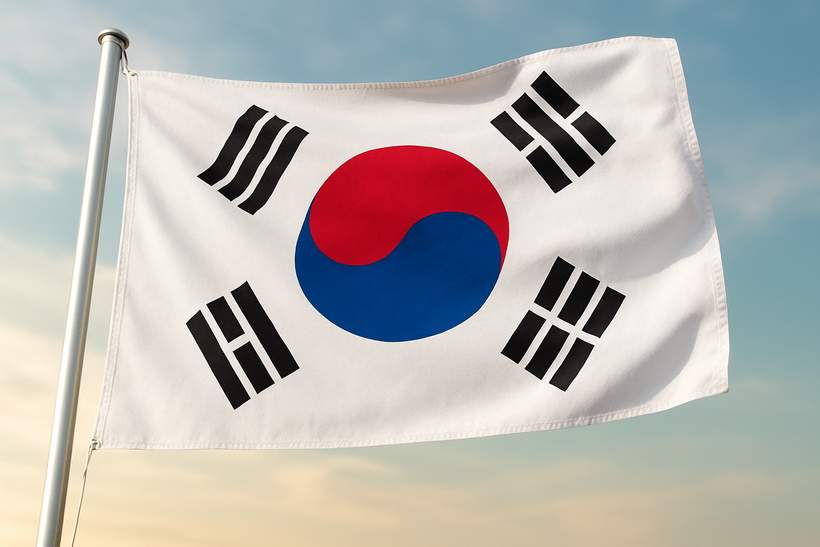Experts Call for Unified Reform in South Korea’s Casino Industry

South Korea’s Casino Industry Faces Critical Challenge
South Korea’s integrated resort (IR) sector is at a pivotal moment. At a recent business forum, experts specializing in tourism and public policy emphasized the urgent need for comprehensive reforms to enhance the industry’s competitiveness. They highlighted that outdated regulations and a fragmented management system are currently stifling growth and innovation.
Call for Innovation and Consolidation
Seo Won-seok, a professor at Kyung Hee University and event moderator, stressed the importance of introducing fresh perspectives to develop tourism destinations that are culturally vibrant and sustainable. He encouraged policymakers to learn from successful global models and focus on blending Korea’s rich cultural heritage with modern tourism infrastructure.
A major issue arises from how the country’s casino industry—comprising 18 casinos—is governed. Oversight responsibilities are split among several entities including the Ministry of Culture, Sports and Tourism, the National Gambling Control Commission (NGCC), and Jeju Province, which operates its own licensing system. This divided oversight has led to confusion and has impeded progress, especially since only Kangwon Land Casino currently permits local patrons.
Lee Jae-seok, associate professor at Gangneung-Wonju National University, argued for a centralized authority that would both regulate and promote the industry. He warned that without structural reform, South Korea risks losing ground to neighboring countries. Lee also noted that frequent changes in ministry personnel hinder the development of sustained expertise and consistent policies.
Beyond Gambling: A Broader Vision for Integrated Resorts
Regional neighbors like Singapore and Japan have established unified regulatory bodies to oversee casino developments effectively. Lee recommended adopting a similar approach to avoid falling behind, especially as Japan prepares to inaugurate its first integrated resort in Osaka by 2030.
The discussion also noted that the future success of IRs should not rely solely on gambling revenue. Instead, these resorts should incorporate diverse attractions such as entertainment, cultural experiences, and sports to draw a wider range of visitors. Korea’s global cultural phenomena, including K-pop and esports, offer unique opportunities to differentiate its resorts.
An Ock Mo, president of the Association of Korea Gaming Tourism Professionals, emphasized that regulations should extend beyond preventing social harm by fostering industry growth and boosting tourism. He proposed creating an integrated casino management authority to enhance transparency, protect consumers, and build investor confidence.
With tourism gradually recovering, aided partly by visa-free policies for Chinese group tourists, all panelists agreed that South Korea’s IR industry needs a unified strategy to secure its future competitiveness and vitality.